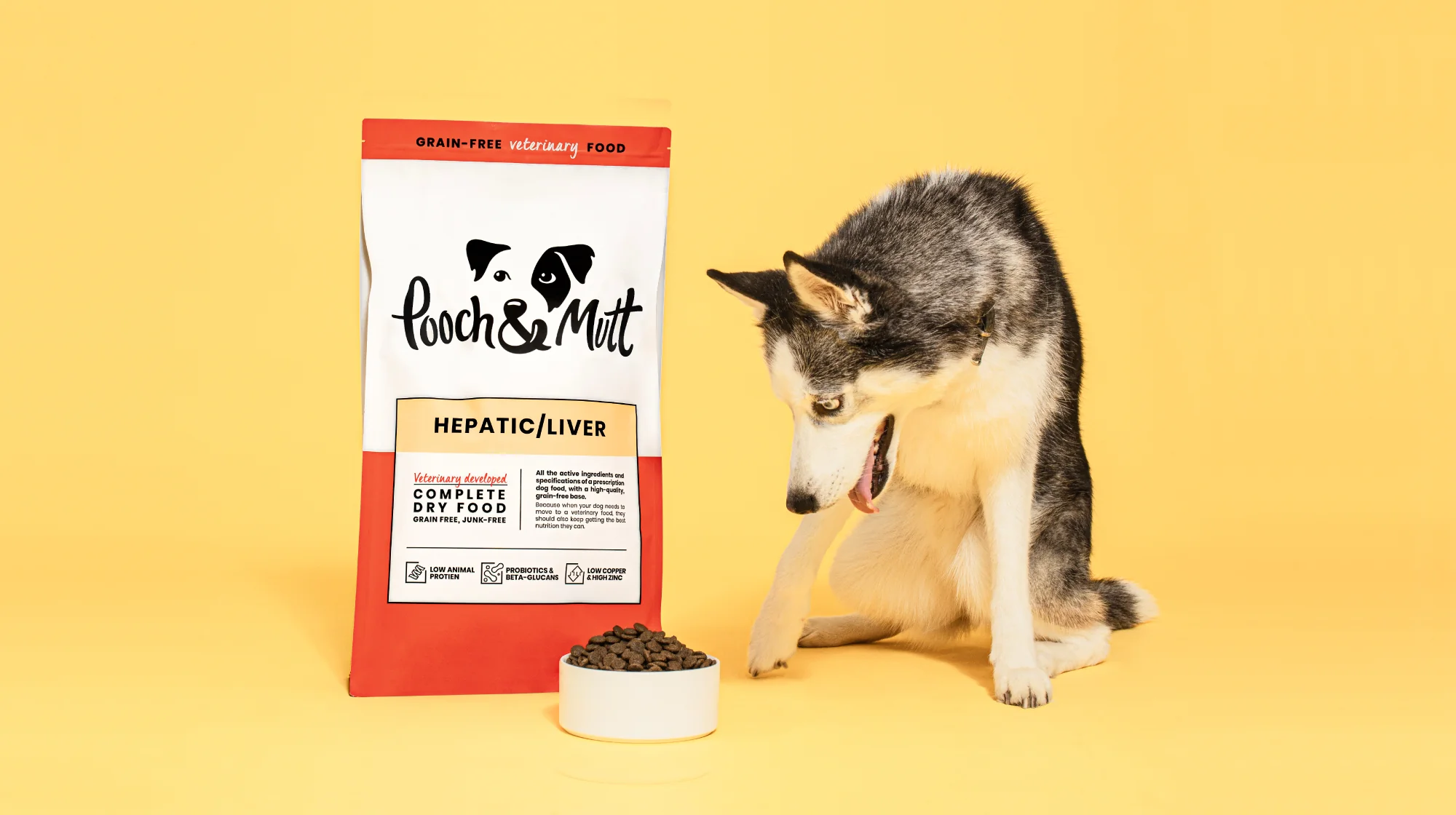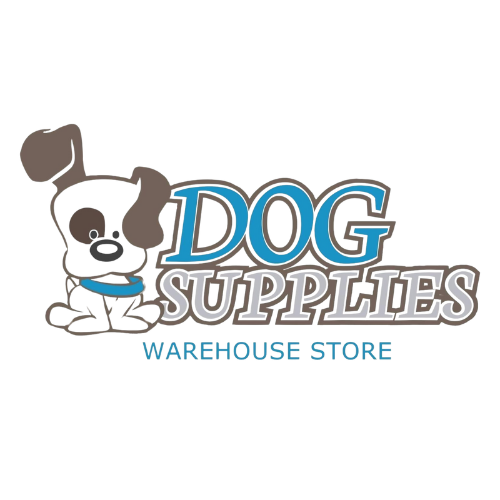Proper nutrition is vital for the health and well-being of lactating dogs and their puppies. A mother dog’s diet plays a crucial role in milk production, which is essential for the growth and development of her puppies. This article will delve into the nutritional needs of lactating dogs, specific foods that enhance milk production, and additional tips for ensuring an optimal milk supply.
Nutritional Needs of Lactating Dogs
To support milk production, lactating dogs require a significant increase in caloric intake. Lactation is a demanding physiological process that significantly raises a dog’s energy needs. A mother dog must consume enough calories to sustain her own body and produce sufficient milk for her puppies. It’s essential to increase her daily caloric intake to meet these heightened energy demands.
In addition to increased calories, a balanced diet is crucial for lactating dogs. Proteins, fats, carbohydrates, vitamins, and minerals all play vital roles in milk production and the overall health of the mother dog. Proteins are the building blocks of milk, and fats provide essential fatty acids necessary for healthy milk. Carbohydrates offer the energy needed to sustain lactation, while vitamins and minerals support both the mother’s and puppies’ health.
Hydration is another critical aspect of a lactating dog’s diet. Water is a major component of milk, and adequate hydration is essential for maintaining a steady milk supply. Dehydration can quickly reduce milk production, so it’s important to ensure the mother dog has constant access to fresh, clean water.

Specific Foods to Enhance Milk Production
High-Quality Commercial Dog Food
High-quality commercial dog food formulated for lactating dogs can be an excellent foundation for a mother dog’s diet. These specialized diets are designed to meet the increased nutritional needs of lactating dogs, providing the right balance of proteins, fats, carbohydrates, vitamins, and minerals. Look for dog foods that are specifically labeled for “gestation and lactation” as they are enriched with the necessary nutrients to support both the mother and her puppies.

Protein-Rich Foods
Protein is paramount for a lactating dog as it is the primary component of milk. Lean meats such as chicken, turkey, and beef are excellent sources of protein. Fish, particularly oily fish like salmon, not only provide high-quality protein but also offer omega-3 fatty acids, which are beneficial for the immune system and brain development of puppies. Eggs are another great protein source, rich in essential amino acids and other nutrients.
Consider including cottage cheese in the diet as well. It’s not only a good protein source but also provides calcium, which is crucial during lactation. Ensure that the meat is cooked thoroughly and avoid any seasoning, as some spices and additives can be harmful to dogs.
Healthy Fats
Fats are essential for providing the energy needed during lactation. Healthy fats, such as those found in fish oil, chicken fat, and flaxseed oil, are rich in essential fatty acids like omega-3 and omega-6. These fatty acids are crucial for producing high-quality milk and support the puppies’ development.
Fish oil supplements can be added to the mother’s diet to ensure she receives an adequate amount of DHA (docosahexaenoic acid), which is critical for the neurological development of the puppies. Be cautious with the amount, as too much fat can lead to gastrointestinal issues.
Carbohydrates
Carbohydrates are an important source of energy for lactating dogs. Complex carbohydrates such as rice, sweet potatoes, and oatmeal provide a steady release of energy, helping to sustain the mother dog throughout the demanding lactation period. Whole grains like brown rice and barley are excellent choices as they are not only rich in carbohydrates but also provide fiber, which aids in digestion.
Avoid simple carbohydrates found in sugary foods and baked goods, as they can cause spikes in blood sugar levels and do not provide sustained energy.
Vitamins and Minerals
Vitamins and minerals are essential for the health of lactating dogs. Calcium and phosphorus are particularly important for supporting the skeletal development of puppies and maintaining the mother’s bone health. A calcium supplement may be necessary if the dog food does not provide enough, but it’s crucial to consult with a veterinarian before adding any supplements to avoid imbalances.
Vitamin E is another critical nutrient that supports immune function and overall health. It can be found in foods like spinach, broccoli, and certain oils. Vitamin A, found in liver and carrots, is important for vision and immune function, while B vitamins, present in whole grains and meat, support energy metabolism.
Additional Tips for Ensuring Optimal Milk Supply
In addition to providing a balanced diet, feeding the mother dog multiple small meals throughout the day can support consistent milk production. Frequent feeding helps maintain stable blood sugar levels and ensures a steady supply of nutrients for milk production.
Supplements can also be beneficial for enhancing milk production. Fish oil, brewer’s yeast, and vitamin E supplements may support lactation, but it’s important to consult with a veterinarian before adding any supplements to the mother dog’s diet.

Monitoring the mother dog’s weight and overall health is crucial during lactation. Regular weight checks and health assessments can help detect any issues early on and ensure the mother dog is receiving adequate nutrition.
Creating a calm and comfortable environment for the mother dog can also support milk production. Stress can negatively impact lactation, so providing a quiet space and minimizing disturbances can help the mother dog feel relaxed and secure.
In conclusion, the diet of a lactating dog is crucial for ensuring a healthy milk supply for her puppies. By understanding the nutritional needs of lactating dogs and providing specific foods that enhance milk production, pet owners can support the health and well-being of both the mother dog and her puppies. High-quality commercial dog food, protein-rich foods, healthy fats, carbohydrates, and essential vitamins and minerals all play vital roles in supporting lactation. Additionally, frequent feeding, supplements, regular monitoring, and a stress-free environment can further enhance milk production. Prioritizing the diet and overall well-being of the mother dog is a small investment that yields significant returns in the health and happiness of her puppies.

After 5 years in a high pace business management role, I partnered with an e-commerce developer to start building Dog Supplies Warehouse.
Our number one goal is to make sure all products are managed and delivered to our customers door fast and accurately.
